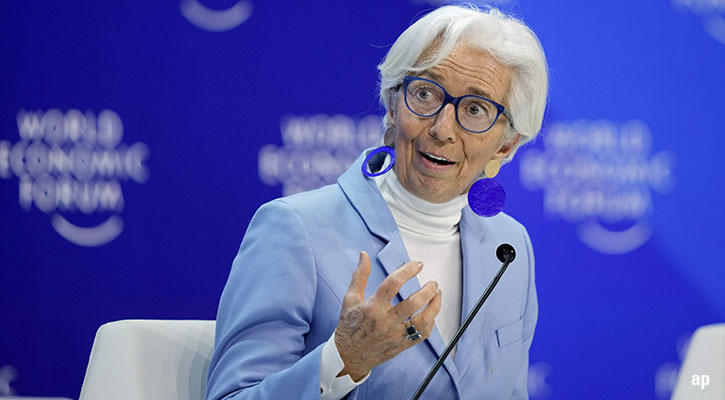Roger, thank you so much for being here.
Roger Ibbotson: I amglad to be here.
Benz: You are an asset-allocation guru, so I always like to pick your brain about what your thoughts are on various asset classes. One of the most vexing areas for all investors right now is fixed income. People are looking at very low yields and the prospect of potentially rising interest rates and really wondering about how to handle this portion of their portfolios. Do they need bonds? I'd like to get your thoughts on that question?
Ibbotson: Yes.The yieldsreally are very low right now. In fact they are under 2% for the, say, intermediate Treasuries, 10-year Treasuries, and you will not get the kind of returns you got in the past. So people sometimes have looked at the last 30 years, and they said, "Well, for the last 30 years, bonds did as well as equities. They both did great, but bonds did as well and had much less risk. Why don't we do that that again?"
That would be a really terrible thing to think you are going to get that again because the reason why returns on bonds were so high is, they started so high.
A return on a bond is a yield, plus the capital gain, which is the change in yield. So when the yield drops, the price goes up and you get a capital gain. So between those two pieces, this last 30 years has been a remarkable period for bonds. They've done remarkably well, but the reason was they started at such high yields. Now, that the yields are low, you're not going to get it again. So there is no possibility that you get those same high returns on bonds going forward.
Benz: So even for people, though, who know that they won't get a high return, but still want some ballast in their portfolio for their equities, do bonds still make sense? What would you counsel them, because there are lot of people who are in retirement, getting close to retirement. They know that they need to have a safe portion of their portfolio. They need to have some money battened down to meet their living expenses. How should they deal with that?
Ibbotson: Well, we still have to buy [bonds]. We still have to include them in our portfolio. They still give you the lower-risk portion of your portfolio. We need balance between stocks and bonds basically whatever else we want to put in our portfolio. How much we put in bonds or even more shorter-term cashlike instruments, they basically stabilize your portfolio and they also behave differently than stocks. Even the longer-term bonds that have some risk in fact have low correlations with the stock market.
So yes, we do need them probably not as much as we've had in the past, but we need them. And also we just have to recognize that we're not going to get the high returns from them.
<TRANSCRIPT>
Benz: So it sounds like your counsel would be generally if you are thinking about tweaking your fixed-income portfolio, maybe just tweak toward the short end at this juncture. One thing we've seen is that investors have been strongly favoring some of the higher-yielding fixed-income asset classes. So strong inflows into high-yield bonds, emerging-markets bonds, what would you say to those investors?
Ibbotson: Well, I am not sure that's going to work either. When the financial crisis hit, the bonds spreads went way up. So you had some really high returns from the high-yielding assets. Those spreads have tightened. When those spreads tighten, those people who bought shortly after the financial crisis, they did great because they not only got the high yields once again, but when their yields dropped, they got an extra capital gain besides that.
But again, this is not going to happen going forward now. Now we have very tight yield spreads. You can reach for yield but it's actually more dangerous to do that because you are reaching for it, you’re not getting much for it, and you are taking the risk of the higher yield. It's not that desirable to reach for yield in a climate like today where the yield spreads are so tight.
Benz: Last question for you, Roger. We have seen a near mania for anything with the dividend attached to it, in fact a lot of investors are using dividend-paying stocks as a proxy for fixed-income exposure. They think that they may get some capital-appreciation potential, and in some cases yields are as good on dividend payers. What do you think about that strategy where investors have been using dividend payers to supplant fixed income in their portfolio?
Ibbotson: Well, they are a good substitute for income, now that the yields and stocks and bonds are comparable, now. They can substitute your income of your portfolio, but they are not the same by any means. Stocks are risky, bonds are much less risky. So you can cover your income, but you have not really replicated the risk profile of your portfolio. That being said though, I think high-yielding stocks are fine to buy. They actually are somewhat like value stocks. So they tend to have decent returns over time, but they are risky of course.
Benz: Roger, thank you so much for being here and sharing your views.
Ibbotson: Thank you for inviting me.







.jpg)









